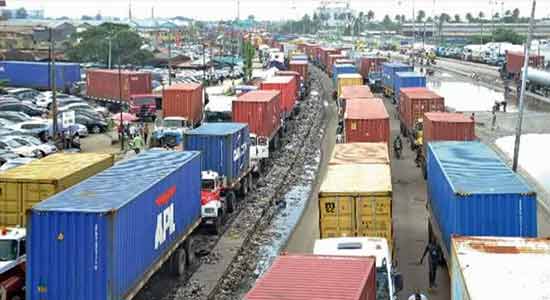Olusegun Zacchaeus, Partner and Lead for Strategy & West Africa at PwC, has projected that Nigeria’s inflation rate will decline to 26% in 2025, with the exchange rate remaining stable. This forecast was made during the PwC and BusinessDay Executive Roundtable on Nigeria’s 2025 Budget and Economic Outlook, themed, “Insights and Strategies for Navigating Nigeria’s Economic, Fiscal and Policy Landscape in 2025.”
Zacchaeus attributed the expected decline in inflation to the tightening of monetary policy and improving dynamics within Nigeria’s foreign exchange market. He also expressed confidence that the exchange rate would stabilize in 2025, supported by the Central Bank of Nigeria’s (CBN) ongoing foreign exchange reforms aimed at driving in more foreign exchange inflows.
However, Zacchaeus noted that concerns around fiscal sustainability may persist, particularly due to Nigeria’s high debt servicing costs and fiscal deficit, which stood at 7.6% of GDP as of August 2024—well above the 3.8% limit set by the 2024 budget.
For GDP growth, Zacchaeus projected a marginal increase of 3.3% in 2025, driven by sustained policy reforms, though he warned that elevated economic pressures could limit growth prospects.
Regarding the CBN’s monetary policy, Zacchaeus suggested that the central bank would likely continue its stance of monetary tightening in 2025, maintaining high interest rates in order to achieve long-term price stability.
The issue of foreign exchange stability remains a critical one for Nigeria, with the naira having depreciated by an average of 39.8% in the official market in 2024, despite a rise in external reserves to $38.67 billion. Zacchaeus highlighted five key factors that would influence FX volatility in 2025: price discovery, transparency, market friction, liquidity, supply and demand backlogs, and market and investor confidence.
Lastly, Zacchaeus pointed out that inflation remains a significant challenge for Nigeria, with rates hitting 34.8% in December 2024, driven by rising costs in food, transport, and utilities. Inflation in 2025 will likely be influenced by various factors, including monetary policies, supply-side issues, and cyclical elements, as well as sector-specific inflation and the effects of inflation rebasing.




